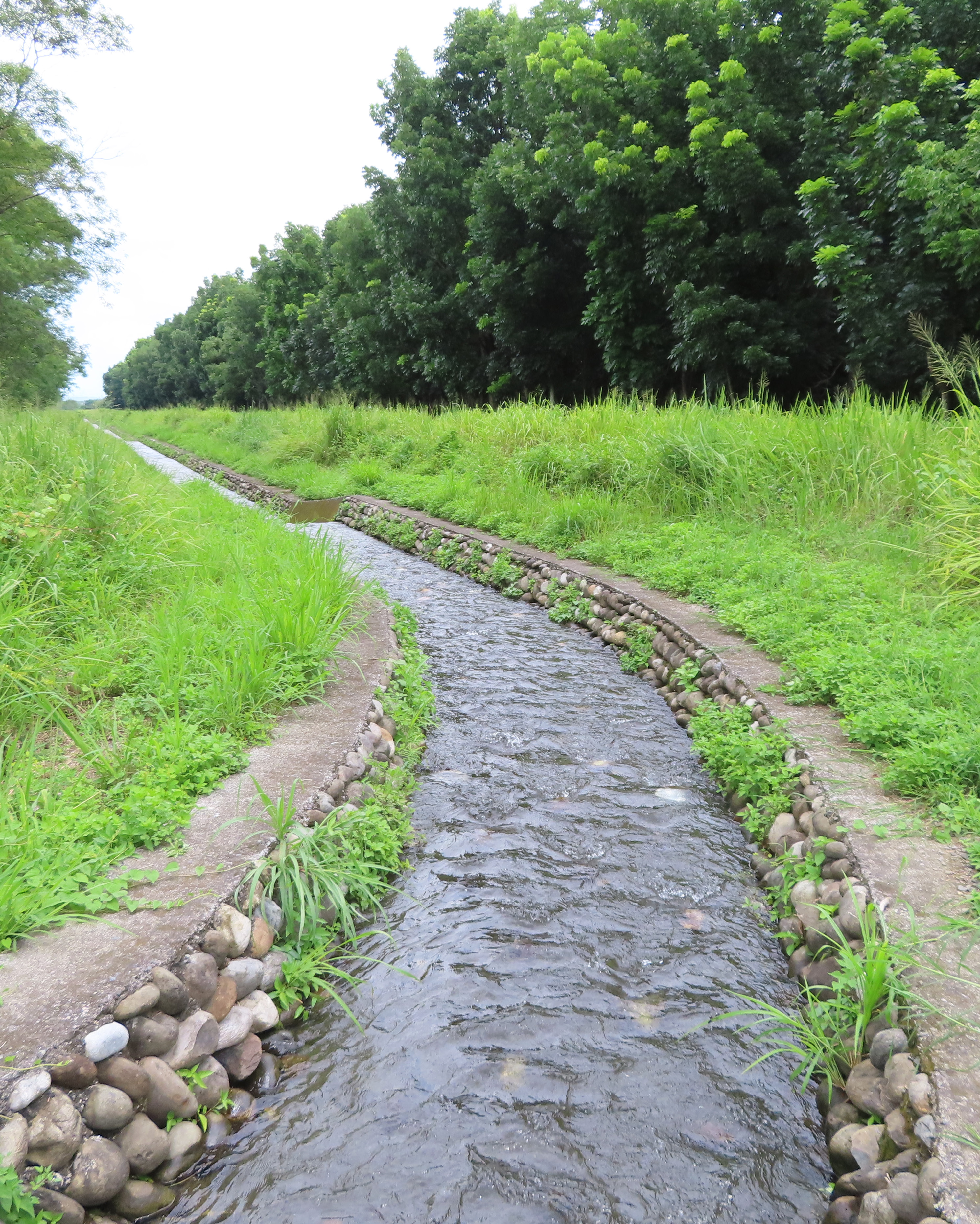

Downloads
DOI:
https://doi.org/10.58981/bluepapers.2023.2.14Published
Issue
Section
License
Copyright (c) 2023 Szu-Ling Lin, Cheh-Shyh Ting

This work is licensed under a Creative Commons Attribution 4.0 International License.
How to Cite
Abstract
While the world struggles with limited water resources, interflow water is a hidden gem of a solution. Interflow is an important water source contributing to river flow. It is the movable water in the unsaturated zone, or vadose zone, which may return to the stream or go into the riverbed. The collection of interflow water was included in the design of the Erfeng Irrigation Canal System (EICS) during the Japanese period in Taiwan (1895–1945), and it is still used in the EICS in Pingtung in southern Taiwan. Today, urbanization and changes in land usage have reduced the EICS’s irrigation function. At the same time, intensive habitation has introduced pollution to the canal area. Furthermore, new extensions and rebuilt facilities of the irrigation infrastructure have minimized historic values. We are involved in working to maintain the canal in a way that safeguards cultural heritage values and to expand other functions of EICS, such as by installing micro-hydro facilities over the canal to preserve its importance to local communities.
References
Torii, Nobuhei. 1936. 伏流水利用に依る荒蕪地開拓:臺灣製糖株式會社萬隆農場創設竝に其經過 [Interflow water usage of pioneering undeveloped lands: The establishment and operation of the Taiwan Sugar Corp Wanlong Farm]. Taiwan: Water Conservancy 6, no. 6: 3–27.
Lin, Szu-Ling, and Cheh-Shyh Ting. 2014. ‘‘潺流水中的永續智慧:日治時期屏東伏流水灌溉工程與文化資產保存’’ [Sustainable wisdom in water: irrigation engineering of interflow water in the Pingtung area during
the Japanese colonization period and its conservation as a cultural property]. Water Conservancy 62, no. 3: 1–21.
Lin, Szu-Ling, and Cheh-Shyh Ting. 2019. “Instantiating the Concept of Restoration in the Cultural Heritage Preservation Act Through the Implementation of the Repair and New Construction of the Erfeng Irrigation Canal System.” Taiwan: Water Conservancy 67, no. 3:74–98.
Ting, Cheh-Shyh, and Szu-Ling Lin. 2021. ‘‘高屏溪流域水資源工程與文化資產保存’’. [Hydraulic engineering and cultural heritage conservation in the kaoping river basin]. Pingtung: Water Resources Department, Pingtung County Government.
Ting, Cheh-Shyh, and Szu-Ling Lin. 2022. “Case Study 2: Sustainable Wisdom in Water Irrigation Engineering: Erfeng Irrigation Canal System of Interflow Water in Pingtung.” In ICOMOS Thematic Study: The Cultural Heritages of Water in Tropical and Subtropical Eastern and South-Eastern Asia, edited by Michel Cotte, Nupur Prothi and Jean-François Toulze, 148–50. https://openarchive.icomos.org/id/eprint/2571/.


